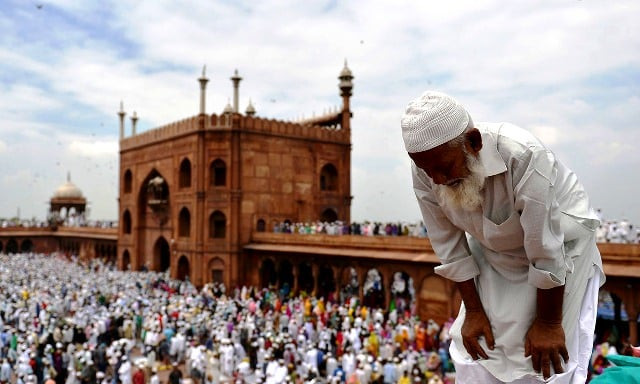“Hello sir, I hope you won’t mind having a chat?”
This guy was a sergeant who spent a year in Afghanistan with NATO forces and was working in my office with the administration department. He was honest, straightforward and was always conscious about maintaining workplace decorum. Therefore, his unusual behaviour was definitely a result of excessive drinking during official ‘happy hour’. I slowly turned towards him to respond and we shook hands.
I would have ignored the incident but I felt my face turning red when he continued speaking in a drunken voice.
“Sir, when you first came in and told me that you are from Pakistan, I thought to myself, ‘Oh crap! Our enemy is here’. And I cribbed against such deputations to Australia from your country.”
Before I could give words to the feelings that arose within me, he snapped further poking my shoulder with a finger,
“But you are good. You have changed my opinion about you and your country. You are £#@&ing good with everyone and now I see the other side of the story as well. Thank you!”
And with that, he took my hand in his and shook it again.
He was obviously drunk and unaware of the fact that he was being rude, blunt and verging on offensive – and right. I had two options, either I could react assertively, which would most definitely have created a scene, or I could try to address the matter in a diplomatic way. I chose the latter.
During the next few months, the incident was never mentioned between us. But I never forgot it because those couple of minutes gave me insight into the mind of an Australian soldier’s regarding Pakistani soldiers. It wasn’t only about ‘me’ and ‘him’; it was about ‘all of us’ and ‘all of them’. As we are all aware, there is an unspoken distance between ‘us’ and ‘them’ that exists at all levels. Similarly, in my case, there were emotions hidden behind behaviours and tones. So I took a confrontational approach and in relevant discussions would tell them,
“I’m a jihadi.”
Surprised, they would stare at me in a bewildered fashion and wouldn’t accept what I said because of my ‘polite demeanour’. That is when I would explain the concept of jihad to them. I explained that Bil Nafs – the attempt of feeding the right wolf within one’s self; Bil Qalam – the attempt with one’s right word, right speech and right action; Bil Maal – the effort of helping the needy with one’s wealth; Bil Saif – the effort of using a sword in self-defence and for a better society with due respect to adversaries, just as their bible, laws and ethos state, are all forms of jihad.
In many of the discussions that ensued from then on, I tried to make them recognise that radicalism, extremism and fundamentalism are not exclusive to Islam and Pakistan; I explained that every creed, religion and country had radicals. Instead of explaining our situation or why we believe what we believe, I questioned their logic.
With this I got varying responses, while some of them understood what I was doing, there were many who thought I was selling Islamic philosophy through twisted rhetoric. What is unfortunate, however, is that the blame does not lie solely with them. It is our collective fault. We expect them to understand the Holy Quran but we are so rigid in our stance that they think that the only people allowed to touch, let alone read, the Quran is a Muslim.
What I managed to understand from all this was the fact that we while want people to learn about Islam and understand us, we don’t understand our own philosophies let alone understanding theirs. We talk about their prejudices against us but never talk about our own prejudices against ourselves and other people.
Islamic history is filled with stories of coexistence with other sects, factions and religions. But when convenient, we set those aside as references that have become stale in today’s world, things that don’t affect us anymore. The distorted image of Islam is its only identity known to the non-Islamic world. We can’t relate ourselves to the true words of Quran and worse, we are doing very little about it. There is an indispensable need to spread the true essence of Islam, not only through words but through actions and behaviour, by fostering peace and love in our community. We need to do this so that we can denounce those who are exploiting our religion without being clumped with them; so that we can proudly own our true moral values; so that any of us can claim to be ‘jihadi’ without being the object of suspicion.



COMMENTS
Comments are moderated and generally will be posted if they are on-topic and not abusive.
For more information, please see our Comments FAQ